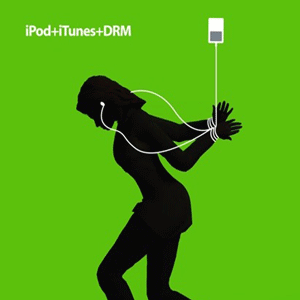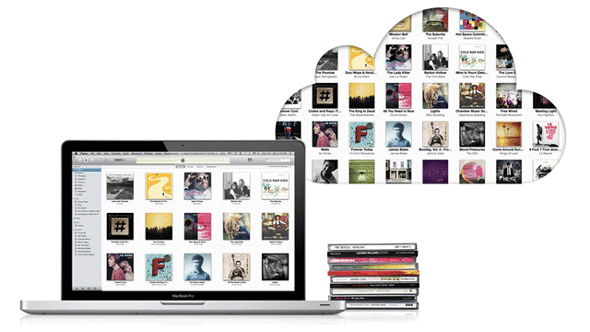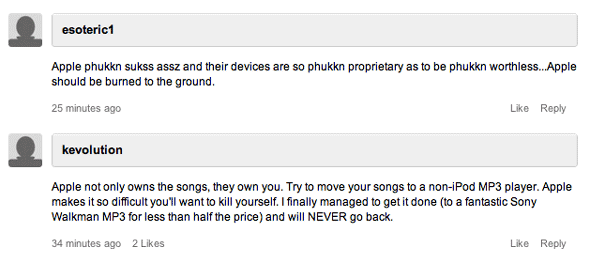This is pretty new ground - what happens to your legally purchased MP3 collection when you die? When one of the least trustworthy British newspapers around - The Daily Mail - reported that Bruce Willis was going to sue Apple because he couldn’t bequeth his digital music collection, the Internet at large jumped at the chance to spew their vitriolic Apple hate. The story was completely false of course - but it raised an important question worth considering - who does own that MP3?
The story goes that Bruce was considering his final hour and how his estate should be divided up among his daughter; notably, his massive iTunes-purchased music collection. He was angry that the terms and conditions apparently stated he was only "borrowing" the music, and had decided to sue Apple for the rights to pass on that collection.
Is It "Borrowing"?
The legalese of iTunes states that purchasing music is a non-transferable licence - you are limited to personal use only, on up to 5 devices. Apple also offers iTunes Plus for a small extra fee, which removes the DRM, gives you higher quality, and let’s you burn them to CD as many times as you like. Of course this isn’t a free pass for piracy, but it is DRM-less.
And let’s not forget iTunes Match, which for an annual fee gives you unlimited matching of your downloads from a database of high quality versions.
It’s Not Just Apple, & It’s Not Just Music
Cue the Apple haters, a particular spiteful bunch who were quick to extoll the virtues of not using awful iTunes and instead swearing by the competiting Google and Amazon music products. The original CNN story now has 500 plus such comments.
Only - it’s not just Apple - both Amazon and Google have a similar licence which prevents you from transfering ownership of any digital content to another account. Gaming platforms such as Steam have similar clauses. It’s not even just music, it’s everything.
Is Ownership An Illusion?
Ultimately though, the argument focuses on whether or not you own the music you download from iTunes. But you never really owned the music on a CD though, did you? You owned the physical disc that it was replicated on and could pass that around as you wish; but you certainly couldn't go around selling copies of it, and what happens if the CD gets destroyed, or scratched? Do they give you a new one, for free? No.
With digital files, you typically get unlimited downloads of a song onto all your devices, even if that is with obligatory DRM. If you delete one, or your computer or iPod gets stolen - no worries - you can simply download it again, at no cost.
My point is, these formats are different and necessarily require a different set of rules; but it's not like you're getting screwed over by an inferior product, so let's stop seeing this as such as one sided debate.
Transfering Ownership
So why don’t we just have a system for transfering ownership? The answer seems kind of obvious though: in a world where making copies is simple, what is stop people from gaming the system, by selling theirs and then making a copy? What is to stop a second hand reseller from acquiring these, and taking a large share of profits? The gaming industry isn’t happy with this situation, and the next consoles will likely be download only, so why would music be any different?
The funny thing is this: the pirates won’t have this issue - they’ll just hand down their hard drives, packed full of DRM-free pirated music, and no one will care.
Of course I don’t have an answer; it may be that non-transferable is the final word when it comes to digital media. There’s no legal precendent yet - so the questions remains who’s going to die first, and will they be able to hand down their digital media? The world awaits an answer.
I would ask “what do you think, should digital media be transferable?”, but the answers are too predictable. Instead, let’s ask - what are the arguments for not allowing digital media to be transferable? Is it all down to profits? Or is there a fundamental difference in the fact that it’s digital? Do the benefits of digital media (free replacements to damaged copies, ability to have it on multiple devices at the same time), outweigh the disadvantage or not being able to resell, lend or give them away?
Image credit: DefectiveByDesign.org



